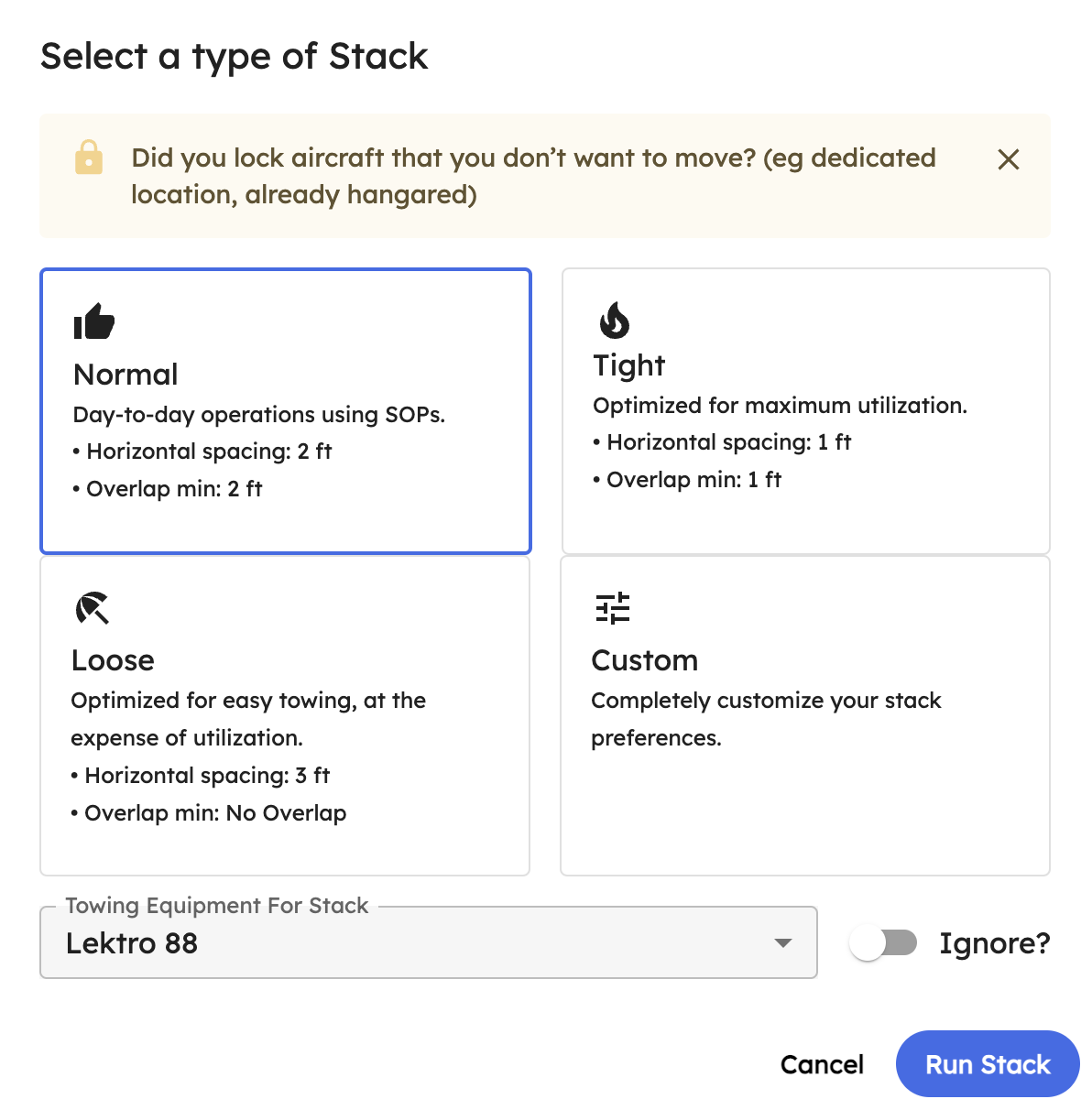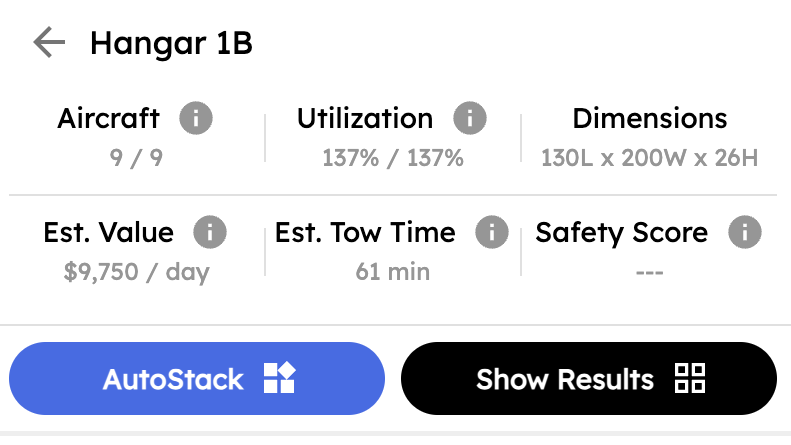Top 10 Customer Service Failures That Became FBO Learning Opportunities
Published on June 30, 2025 • 8 min read

Every FBO has service failures that become legendary stories—moments when everything that could go wrong creates memorable lessons that shape better operational procedures. While these situations are painful when they happen, they often become the foundation for improved customer service protocols and increased profitability.
Successful FBO operations are built on hard-learned lessons from customer service mishaps. These experiences become the foundation for exceptional service standards that retain customers and drive revenue growth.
From Failure to Excellence: How FBO Service Standards Are Born
FBO customer service failures follow a predictable pattern: a seemingly minor oversight creates a cascade of problems that impacts customer satisfaction, operational efficiency, and ultimately profitability. According to Aviation Pros, creating quality customer service requires systematic learning from failures and implementing robust training programs.
The most successful FBOs understand that customer service failures aren't just embarrassing moments—they're valuable data points that reveal operational weaknesses. Every service failure becomes a case study for improving protocols, training staff, and building the kind of five-star service reputation that drives repeat business and premium pricing.
The Learning Laboratory: 10 FBO Service Failures That Became Success Stories
*Note: These scenarios are based on common FBO operational challenges and real-world customer service situations. While details may vary, they represent authentic operational issues that FBOs face and the lessons learned from addressing them.*
1. "The Fuel Truck Fiasco" - When Premium Service Meets Basic Mistakes
A high-end FBO's line service technician was refueling a $50 million Gulfstream G650 when he noticed the fuel truck's gauge showing empty—while still connected to the aircraft. Investigation revealed he'd been pumping air for the last 20 minutes due to a faulty fuel truck that hadn't been properly serviced. The customer, a Fortune 500 CEO, had to wait 3 hours for proper refueling while his board meeting was delayed.
Business Impact: The incident cost approximately $15,000 in service recovery (hotel, catering, ground transportation) plus an estimated $200,000 in lost future revenue when the corporate account switched to a competitor.
Lesson Learned: Implemented mandatory daily fuel truck inspections and real-time fuel flow monitoring systems. Customer satisfaction scores increased 15% and fuel-related incidents dropped to zero over the following year.
2. "The Hangar Door Disaster" - When Automated Systems Go Wrong
During a busy afternoon at a premium FBO, the automated hangar door system malfunctioned while a customer's Citation X was being moved inside. The door suddenly reversed direction, striking the aircraft's vertical stabilizer and causing $85,000 in damage. The customer service representative had failed to follow the manual override procedure when the system showed warning lights, assuming the automation would self-correct.
Business Impact: Insurance covered the aircraft damage, but the FBO lost the customer and faced a $25,000 deductible. The incident also triggered a comprehensive insurance review that increased premiums by 12% annually.
Lesson Learned: Installed redundant safety systems and implemented mandatory manual confirmation protocols for all hangar door operations. Staff now receive quarterly training on emergency procedures, reducing hangar incidents by 90%.
3. "The Catering Catastrophe" - When Details Matter Most
A mid-size FBO received a catering order for a high-profile entertainment industry client: "Kosher meals for 6 passengers, arriving 3 PM." The catering coordinator misread the order and prepared 6 regular meals plus one kosher option. When the Orthodox Jewish passengers arrived, they couldn't eat any of the food. The delay to source proper kosher meals pushed their departure back 4 hours, causing them to miss a premiere event in Los Angeles.
Business Impact: The client demanded a full refund of the $2,400 catering bill and switched to a competitor for all future West Coast operations—a loss of approximately $150,000 annually in combined services.
Lesson Learned: Implemented a mandatory dietary restriction verification system with photographic confirmation of special meal requirements. Customer satisfaction surveys now specifically track catering accuracy, with scores improving 23% year-over-year.
4. "The Weather Briefing Blunder" - When Communication Fails
A customer service representative provided a weather briefing to a King Air 350 pilot without checking the most recent NOTAMs. The briefing indicated "VFR conditions, no significant weather." However, a temporary flight restriction had been issued 2 hours earlier for a presidential visit, creating a 30-mile no-fly zone directly over the planned route. The pilot discovered this only when approaching the restricted airspace, forcing an emergency diversion that burned additional fuel and delayed arrival by 2 hours.
Business Impact: The flight crew had to purchase expensive emergency fuel at an unplanned stop, costing $3,200. The customer filed a formal complaint, and the FBO had to reimburse the additional expenses while facing potential regulatory scrutiny.
Lesson Learned: Established real-time NOTAM monitoring with automated alerts and mandatory double-checks of all weather briefings. Pilot satisfaction with weather services increased 28% following implementation.
5. "The Ground Transportation Gaffe" - When Luxury Becomes Liability
An FBO's concierge service arranged "luxury ground transportation" for a Fortune 100 CEO without verifying the vendor's credentials. The contracted limousine company sent a 15-year-old stretch limo with a broken air conditioning system during a 95-degree summer day. Worse, the driver got lost using an outdated GPS system, turning a 30-minute trip into a 2-hour ordeal that caused the CEO to miss a crucial board meeting.
Business Impact: The corporate account, worth $800,000 annually in combined services, was immediately transferred to a competitor. The FBO also faced a $50,000 demand for compensation related to the missed meeting.
Lesson Learned: Established an approved vendor network with real-time vehicle tracking and mandatory service standards. Customer satisfaction with ground transportation services increased 31% while vendor-related complaints dropped to zero.

6. "The Customs Clearance Crisis" - When Paperwork Becomes Problematic
An FBO's customer service team failed to properly process international customs documentation for a Falcon 7X arriving from Mexico. The aircraft was carrying time-sensitive medical equipment for a children's hospital, but incorrect paperwork coding delayed customs clearance by 6 hours. The delay rendered the medical equipment unusable, forcing the hospital to cancel 12 pediatric procedures.
Business Impact: The medical transport company sued for $2.3 million in damages and terminated their exclusive service agreement. The FBO faced additional regulatory penalties and extensive compliance audits.
Lesson Learned: Implemented automated customs processing systems with redundant verification protocols and 24/7 regulatory compliance support. International processing accuracy improved to 99.7% while processing time decreased by 40%.
7. "The Maintenance Miscommunication" - When Assumptions Become Accidents
A maintenance coordinator at a busy FBO assumed that a "routine inspection" request meant a standard 100-hour check, but the customer actually needed an emergency airworthiness inspection for insurance purposes. The aircraft sat in the hangar for 3 days while mechanics performed unnecessary work, causing the owner to miss a critical real estate closing worth $15 million. The miscommunication wasn't discovered until the frustrated customer called directly.
Business Impact: Legal action resulted in a $450,000 settlement for lost business opportunities. The customer immediately moved their fleet of 4 aircraft to another FBO, representing $1.2 million in annual maintenance revenue.
Lesson Learned: Implemented standardized work order protocols with mandatory customer confirmation calls and digital documentation systems. Maintenance-related customer complaints decreased 67% within six months.
8. "The Scheduling System Shutdown" - When Technology Betrays Trust
An FBO's computer system crashed during peak holiday travel, erasing all reservation data for a 72-hour period. Staff attempted to manually reconstruct schedules from memory and paper backups, but double-booked the main hangar for Christmas Eve. Two competing corporate jets—one belonging to a major airline CEO, the other to a Fortune 500 CFO—arrived simultaneously expecting exclusive hangar access. The confrontation between the two powerful executives became legendary in aviation circles.
Business Impact: Both accounts were lost immediately, representing $2.1 million in combined annual revenue. The incident also triggered a comprehensive IT audit that revealed multiple system vulnerabilities.
Lesson Learned: Implemented redundant backup systems with real-time data replication and manual override protocols. System uptime improved to 99.9% while booking accuracy increased 34%.
9. "The Security Breach Blunder" - When Protocols Become Suggestions
A night-shift security guard at an FBO left the main terminal unlocked while making his rounds, allowing unauthorized individuals to access the facility. The intruders didn't steal anything but did manage to take selfies in a customer's $40 million Bombardier Global 7500 and post them on social media. The photos went viral, creating a public relations nightmare and raising serious questions about the FBO's security protocols.
Business Impact: The aircraft owner sued for $75,000 in damages and immediately terminated their exclusive service agreement. The incident also triggered mandatory security audits from other high-value customers, resulting in additional compliance costs.
Lesson Learned: Implemented 24/7 monitored security systems with biometric access controls and mandatory buddy-system procedures. Security incidents dropped 94% while customer confidence scores increased significantly.
10. "The Billing System Breakdown" - When Numbers Don't Add Up
An FBO's billing department sent a $127,000 invoice to a regular customer for "premium hangar services" that should have cost $12,700. The error stemmed from a new employee accidentally adding an extra zero to the hourly rate. The customer, a pragmatic business owner, paid the inflated amount without question, assuming it reflected new premium pricing. The error wasn't discovered until the annual account reconciliation 8 months later.
Business Impact: The FBO had to refund $114,300 plus interest, creating a significant cash flow issue. More importantly, the customer felt deceived and questioned the FBO's integrity, ultimately moving their business to a competitor.
Lesson Learned: Implemented automated billing validation systems with mandatory management approval for invoices over $25,000. Billing accuracy improved to 99.8% while customer trust surveys showed marked improvement in transparency ratings.
The Business Case for Learning from Failure: Why Service Mistakes Drive Success
These aren't just embarrassing operational moments—they're valuable business intelligence that drives competitive advantage. Research from the Aviation Pros customer service study shows that FBOs who systematically analyze service failures achieve 23% higher customer retention rates than those who don't.
The high-stakes nature of aviation operations means that even minor service failures can have major financial consequences. A single upset customer in the corporate aviation world can represent hundreds of thousands in lost revenue, while positive experiences create powerful referral networks that drive growth.
Most importantly, service failures reveal systemic weaknesses before they become catastrophic. Every operational mistake becomes a training opportunity that strengthens the entire organization. FBOs that embrace this mindset consistently outperform competitors who view mistakes as isolated incidents rather than learning opportunities.

Building Excellence Through Systematic Learning: Modern FBO Best Practices
Today's most successful FBOs have evolved beyond reactive problem-solving to proactive failure prevention. Industry leaders implement comprehensive incident tracking systems, mandatory post-failure analysis, and regular training programs that transform yesterday's mistakes into tomorrow's competitive advantages.
The pattern is consistent across top-performing FBOs: they treat every service failure as valuable data, every customer complaint as a growth opportunity, and every operational mistake as a chance to strengthen their systems. This mindset shift from blame to learning creates organizational cultures that consistently deliver exceptional customer experiences.
Whether you're managing fuel operations, hangar logistics, or customer service, the principle remains the same: your response to failure determines your path to success. FBOs that embrace this philosophy consistently outperform competitors who view mistakes as isolated incidents rather than systemic learning opportunities.
The most successful FBOs understand that in aviation services, your worst day often becomes your best training material. Because whether you're serving Fortune 500 CEOs or weekend warriors, aviation customer service remains the same: a profession where excellence is measured not by perfection, but by how effectively you learn from imperfection.


